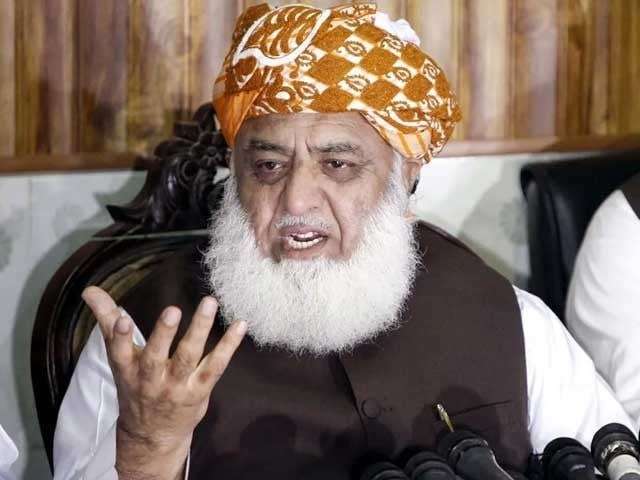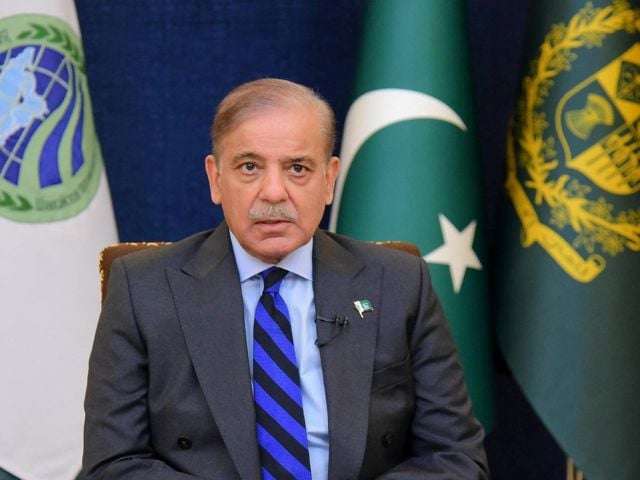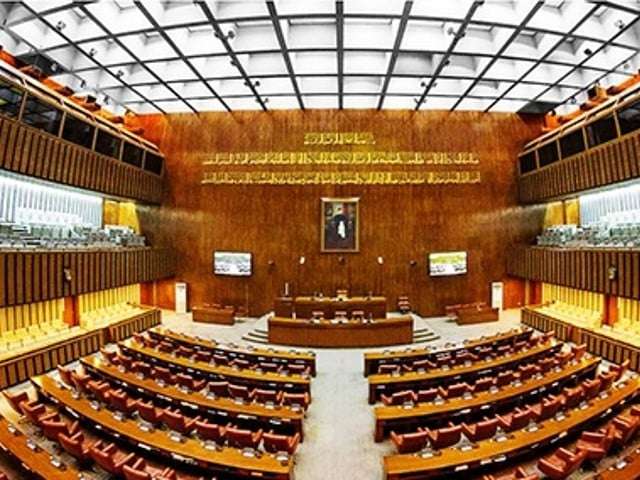Introduction: Fazl’s Firm Rejection of the Madrassa Bill Amendments
In a recent press conference held in Charsadda, Khyber Pakhtunkhwa, Jamiat Ulema-e-Islam (F) Chief, Maulana Fazlur Rehman, has made it clear that his party will not accept any amendments proposed by the government concerning the madrassa bill. His remarks come after the government’s attempts to alter the bill, which had previously been passed by both the National Assembly and the Senate. Fazl’s rejection of these proposals signals a deepening divide between the ruling government and religious factions in Pakistan, particularly in the context of the ongoing debate around religious seminaries’ autonomy and government regulation.
Fazlur Rehman’s Stance on Government Proposals
Maulana Fazlur Rehman, speaking candidly at the press conference, stated that his party, the JUI-F, would reject the government’s proposed amendments to the madrassa bill outright. The bill, which aims to regulate madrassas in the country, had passed through both houses of the National Assembly but was returned by the President with objections. Fazl questioned the rationale behind the President’s decision to send the bill back, highlighting the fact that the President had signed other bills into law without objections.
The Rejected Amendments
Fazlur Rehman emphasized that the proposed changes by the government were unacceptable. He expressed his displeasure over what he perceived as an attempt by the government to exert control over the madrassa system. He criticized the government’s actions as part of a broader pattern of micromanaging religious affairs, particularly when it comes to the independence of religious seminaries. Fazl’s party has long maintained that madrasas should remain autonomous, free from excessive government interference, and their role in the country’s education system should be preserved.
Questions Raised Over the President’s Objections
Fazlur Rehman also raised pertinent questions regarding why the President, who had signed several other bills into law without issue, chose to return the madrassa bill. He pointed out the inconsistency in the President’s approach, suggesting that there was no logical reason for the objections to the madrassa bill, especially when compared to other legislation that had been signed without scrutiny. This inconsistency has fueled suspicions that the decision to send the bill back was politically motivated, perhaps as a means of appeasing certain factions within the government or the military establishment.
Madrassa Autonomy and the Role of Religious Scholars
The madrassa bill, which is central to this controversy, includes provisions allowing religious seminaries to affiliate with any federal institution, such as those under the 1860 Act or the Ministry of Education. Fazlur Rehman defended this aspect of the bill, stating that it guarantees madrasas the autonomy to make their own decisions without being forced into a rigid affiliation. He clarified that the bill did not mandate specific affiliations, but rather left the choice open to the seminaries.
He also expressed concerns about the government’s efforts to divide religious scholars and madrasas on this issue. Fazl strongly rejected any notion of dissent within the religious community, asserting that there was a broad consensus among scholars and seminaries regarding the bill’s provisions. He pointed out that a significant meeting, convened by Mufti Taqi Usmani and the president of the Federation of Madrassahs, would take place on December 17. At this meeting, a unified decision would be made regarding the bill, demonstrating that religious scholars stood united in their stance.
Fazlur Rehman Criticizes Government’s Political Agenda
Fazlur Rehman also took the opportunity to criticize the government for what he described as attempts to politicize the matter. He warned against the government’s efforts to bring madrasas under an executive order, which he believed would give the government undue control over the functioning of religious institutions. According to Fazl, this was an attempt to politicize a matter that should be treated as a legal and regulatory issue rather than a political tool.
He urged the government to avoid overstepping its bounds and not to impose measures that would compromise the autonomy and integrity of the madrassa system. Fazlur Rehman also expressed concerns that the government’s interference could sow divisions among the various religious groups, weakening the collective strength of religious seminaries in Pakistan.
Fazl’s Defiance: A Warning to the Establishment
In a strong show of defiance, Fazlur Rehman warned that if the government continued to push forward with what he saw as harmful amendments to the madrassa bill, his party would take strong action. He referred to the possibility of staging a march to the federal capital, Islamabad, as a form of protest. He assured that the resolve of his party would not be swayed, and that they would continue to stand firm in their opposition to the government’s actions.
Fazl made it clear that his party had been deceived and betrayed over the religious seminaries’ bill. He stated that the agreement made regarding the bill had been violated and accused the government of failing to respect the religious community’s stance. He further criticized the current government, calling it a government of the “establishment,” rather than one that truly represented the people of Pakistan.
Religious and Political Tensions in Pakistan
Fazlur Rehman’s rejection of the government’s proposals is part of a broader struggle between Pakistan’s political establishment and religious factions. The country has seen increasing tensions over issues such as the regulation of religious seminaries and the role of religious scholars in shaping public policy. The madrassa bill, which seeks to regulate madrasas and bring them under a more centralized framework, has become a point of contention between the government and religious groups, particularly those led by Fazlur Rehman.
This conflict highlights the challenges that Pakistan faces in balancing the demands of its religious community with the need for state control and regulation. While religious seminaries play a crucial role in Pakistan’s education system, they are also seen by some as a source of political and ideological influence, which has made them a target for government scrutiny.
Conclusion: A Divisive Issue
Maulana Fazlur Rehman’s rejection of the government’s proposals regarding the madrassa bill is a clear indication of the deepening rift between religious groups and the political establishment in Pakistan. As the debate continues, it remains to be seen how the government will respond to the firm stance taken by Fazl and his party. The upcoming meeting of religious scholars on December 17 will likely play a pivotal role in shaping the future of the madrassa bill and determining the trajectory of religious and political relations in Pakistan.
FAQs
1. Why did Maulana Fazlur Rehman reject the government’s proposed amendments to the madrassa bill?
Fazlur Rehman rejected the government’s proposed amendments because he believes they undermine the autonomy of religious seminaries and involve political interference in religious affairs.
2. What is the madrassa bill and what does it aim to achieve?
The madrassa bill aims to regulate religious seminaries in Pakistan, ensuring they adhere to certain standards while allowing them the autonomy to affiliate with federal institutions such as the Ministry of Education.
3. Why was the madrassa bill returned by the President?
The President returned the madrassa bill with objections, which Fazlur Rehman questioned, especially since the President had signed other bills without issue.
4. What is the significance of the upcoming meeting scheduled for December 17?
The meeting, called by Mufti Taqi Usmani and the president of the Federation of Madrassahs, will allow religious scholars to make a unified decision on the madrassa bill.
5. How has Fazlur Rehman criticized the government’s approach to religious seminaries?
Fazlur Rehman criticized the government’s attempts to bring madrasas under an executive order and politicize the issue, which he believes could harm the autonomy of seminaries and cause divisions within the religious community.



